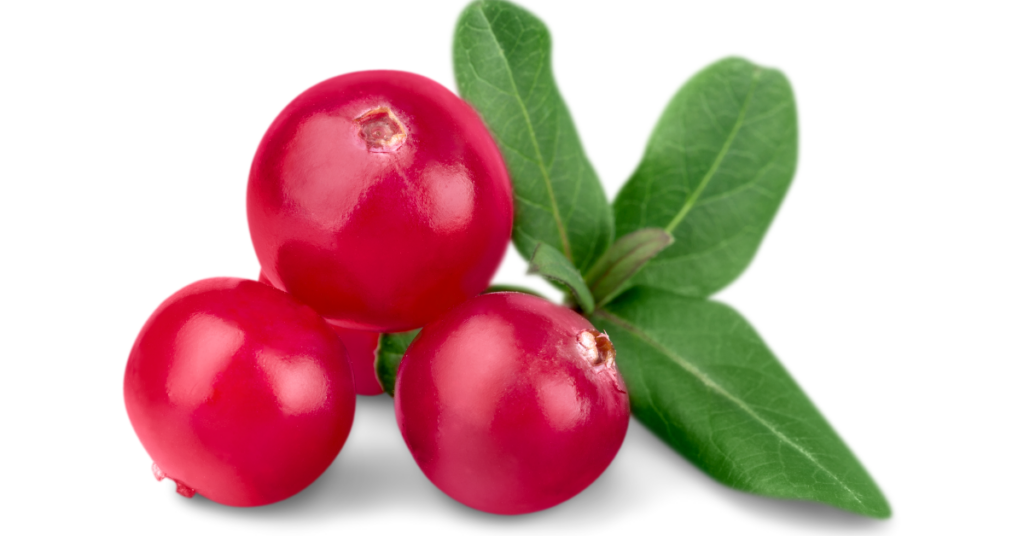Cranberry (Vaccinium oxycoccos)
Although not normally thought of as a healing herb, cranberries do have a valuable place in medicine.
Medicinal Uses
An infusion of the branches has been used traditionally as a treatment for pleurisy.
Cranberries also seem to have an ability to help greatly with urinary tract infections (UTIs). The jury is still out on precisely how cranberries actually work in this respect.
Hypotheses include the idea that cranberry juice acidifies urine to such an extent that bacteria in the urinary tract are unable to cling onto the bladder walls and are therefore more easily flushed out.
Whatever the actual mode of operation, cranberry juice remains an effective treatment – although one down-side is that due to the exceedingly bitter taste of the berries, either a great deal of sugar, or other synthetic sweetening agents, need to be added to it to make it palatable for most people.
Edible Uses
Fruit: Raw or cooked. It can also be dried for winter use. Rich in vitamin C, the fruit is too acidic for most people’s tastes to be eaten raw, so it is mainly used in pies, preserves, sauces, etc.
Useful Tip: According to old cookery books, adding a teaspoon of salt when you cook the fruit can take the place of half the sugar normally used.


